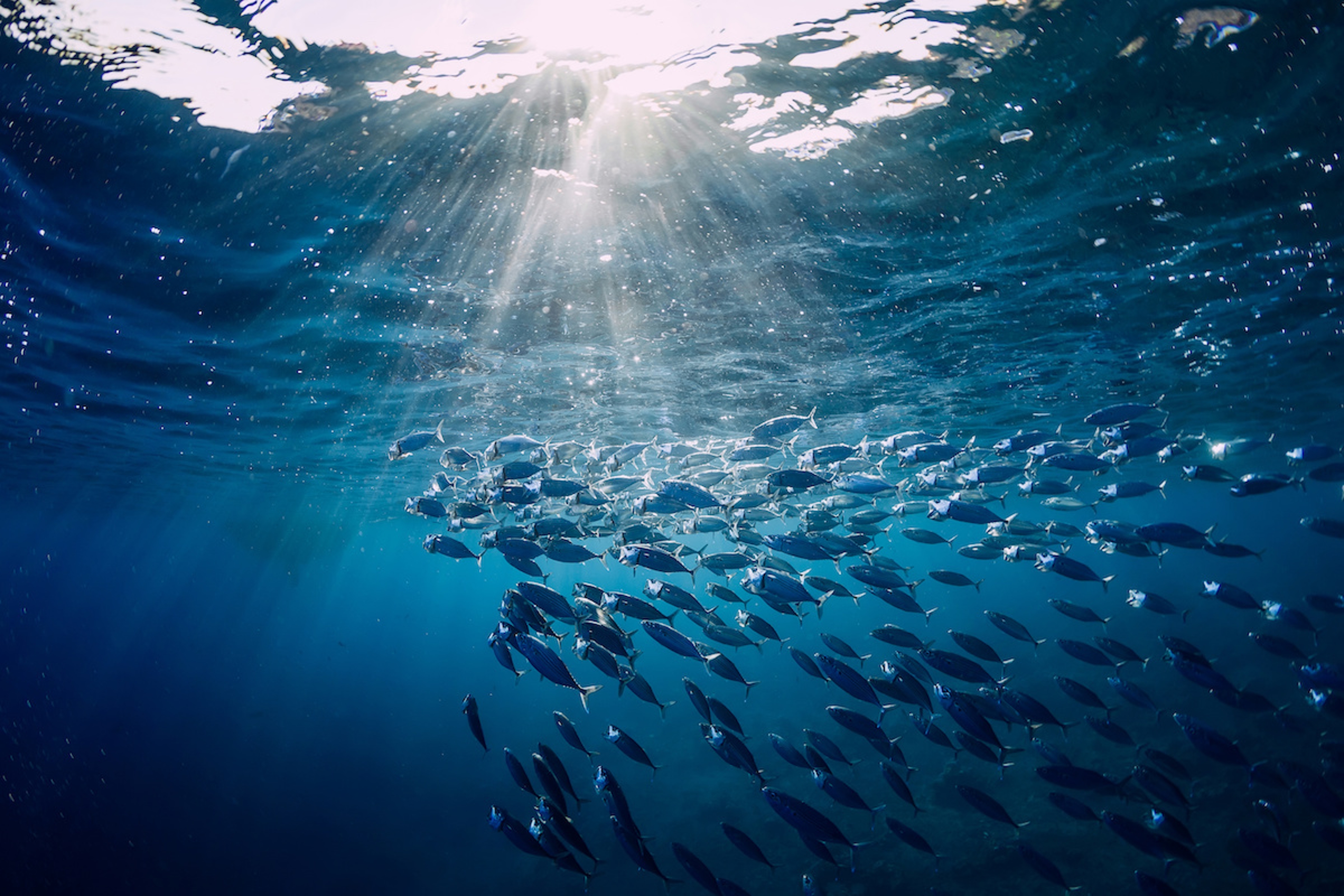Imagine a nourishing lifestyle that combines nutrient-rich foods and environmental mindfulness. When you're done imagining, realize that's the essence of the pescatarian diet, an eating approach that harmoniously merges plant-based foods with seafood's goodness to offer balanced nutrition while promoting ecological well-being.
For both health and religious reasons, pescetarianism has been practiced by various groups in places as diverse as ancient Greece, medieval Europe, and even Asuka-era Japan (around 600 AD) for millennia. And guess what? Modern-day scientific evidence supporting the health benefits of this diet is piling up. Since the pescatarian diet emphasizes plant-based foods and seafood, it is adaptable and allows for plenty of variety. Think about it: while some restaurant menus might not feature vegetarian dishes, they usually offer something featuring fish or shellfish. And at home, you can prepare recipes as diverse as smoked salmon eggs Benedict, spicy Thai squid with chiles and cilantro, grilled fish tostadas, and mussels in saffron broth, just to name a few. With today's vast sea of dietary choices, the pescatarian diet is an exciting and eco-friendly path to health.

What is the pescatarian diet?
A pescatarian diet prioritizes plant-based foods alongside seafood as the primary protein source, and excludes meat and poultry. In contrast, the Mediterranean diet, which has also recently garnered attention for its similar health benefits, includes a broader range of animal proteins, such as poultry and dairy, in addition to plant-based foods and seafood.
Pursuing a pescatarian path frees up room for a delectable spread of fruits, veggies, legumes, whole grains, nuts, and seeds. However, fish and seafood — full of omega-3 fatty acids, high-quality protein, and essential vitamins and minerals — are the stars of the show.
Benefits of a pescatarian diet
Now that we've laid the groundwork for understanding this diet, let's explore some reasons why it might be worth adopting.
Better heart health
Research suggests that maintaining a pescatarian diet can reduce your risk of heart disease, help manage blood pressure, and lower your risk of heart attack and stroke. Studies also show that eating fatty fish, such as salmon, tuna, sardines, and mackerel, which are packed with omega-3 fatty acids, instead of meat can help fight inflammation and elevated blood lipids.
Brain boosting benefits

A powerful ally when it comes to brain health, omega-3 fatty acids help build sturdy cell membranes that support your cognitive prowess. "Also, they may be associated with brain development, behavior, and mental health," says registered dietician Allie Echeverria. "Fish eaters self-report higher mental health status than non-fish-eaters."
Omega-3s are also your ticket to sharper focus, turbocharged memory, and a healthier brain overall, and may slow cognitive decline and prevent the development of neurodegenerative diseases like Alzheimer's disease and other types of dementia. So, fish can be your ally if you're trying to keep yourself mentally sharp.
Lower risk of cancer
Another benefit to the pescatarian diet is the influx of fruits and vegetables. These foods are packed with nutrients, phytochemicals, and polyphenols, compounds that protect against many types of cancer. That's one reason why the American Cancer Society recommends a diet high in plant foods and healthy protein sources, such as fish and seafood, that contain unsaturated fats.
Research from a 2018 study concluded the pescatarian diet is particularly protective against colorectal cancers, and a major study in the U.K. showed pescatarians had reduced overall cancer risks, especially in prostate and colorectal areas.
It supports a healthier planet
Choosing a pescatarian diet extends beyond personal health — it also embraces a more eco-friendly path and contributes to a greener future for the planet. Conventional meat production, especially that of red meat (as opposed to grass-fed beef) and poultry, contributes to environmental challenges like deforestation and greenhouse gases. In fact, research suggests that adopting a pescatarian diet can significantly reduce environmental impact by cutting greenhouse gas emissions by 45% compared to omnivorous diets.
Potential pitfalls of the pescatarian diet
The pescatarian diet clearly has a ton of benefits, but it does come with a few possible pitfalls. While meat-free diets are safe, they can make it more challenging to get adequate protein, Echeverria cautions. That's because so few plant-based foods are complete proteins, meaning they contain all essential amino acids.
"I follow an omnivorous diet, and I do eat meat, poultry, and dairy products. However, my protein sources are mainly fish and shellfish," she says. "I can choose from many types of seafood, including low-fat options, such as shrimp, and healthy sources of fat, such as salmon." And if you're concerned about mercury, those seafood options, and others, such as cod, are great choices.
Followers of the pescatarian lifestyle should also prioritize whole over processed foods, as those items — even if they're meat free — can undermine your health due to their high-calorie, unhealthy fat, and sugar content.
But if you can manage those issues, the pescatarian diet offers a win-win for both your health and the planet.







